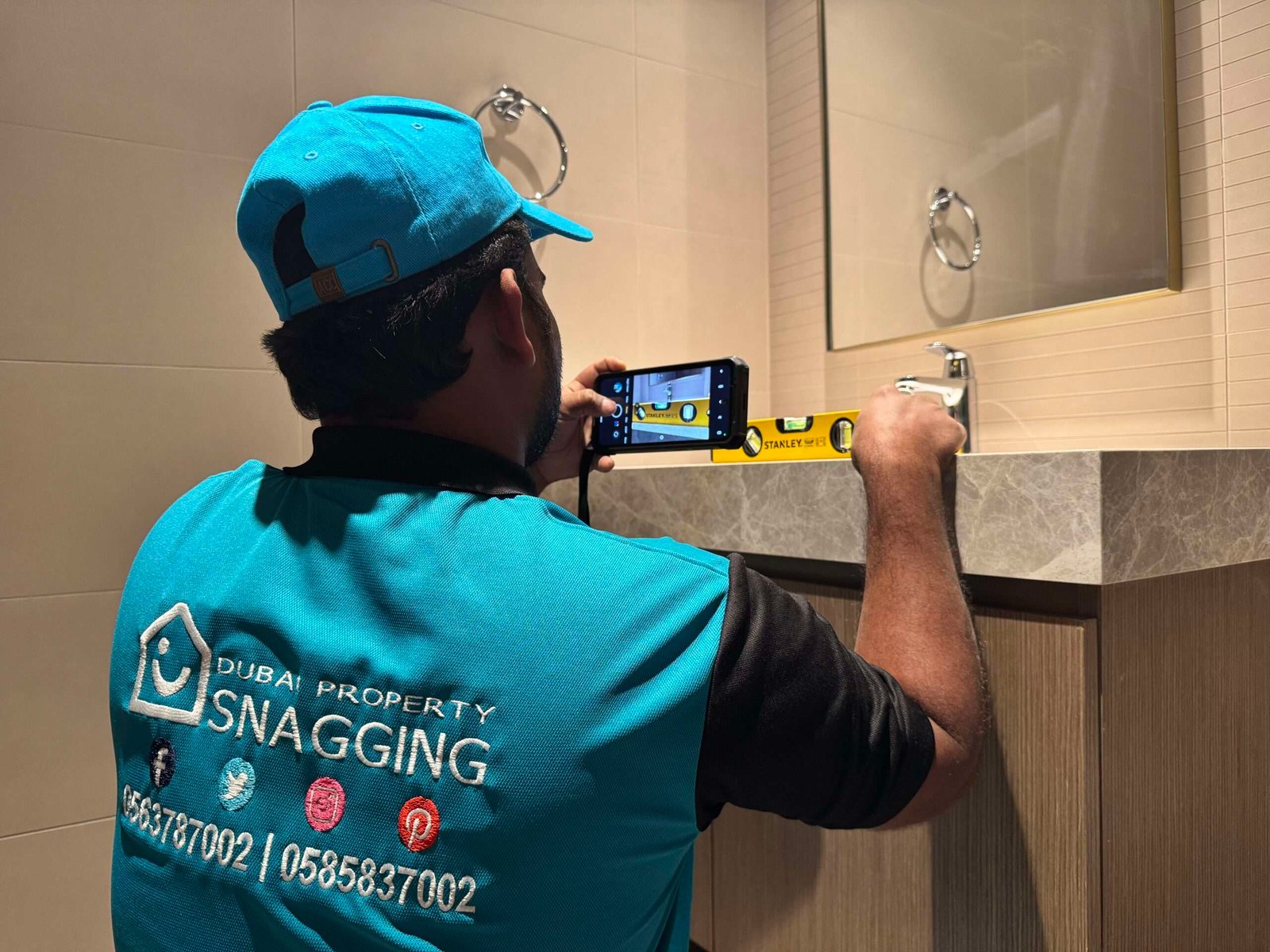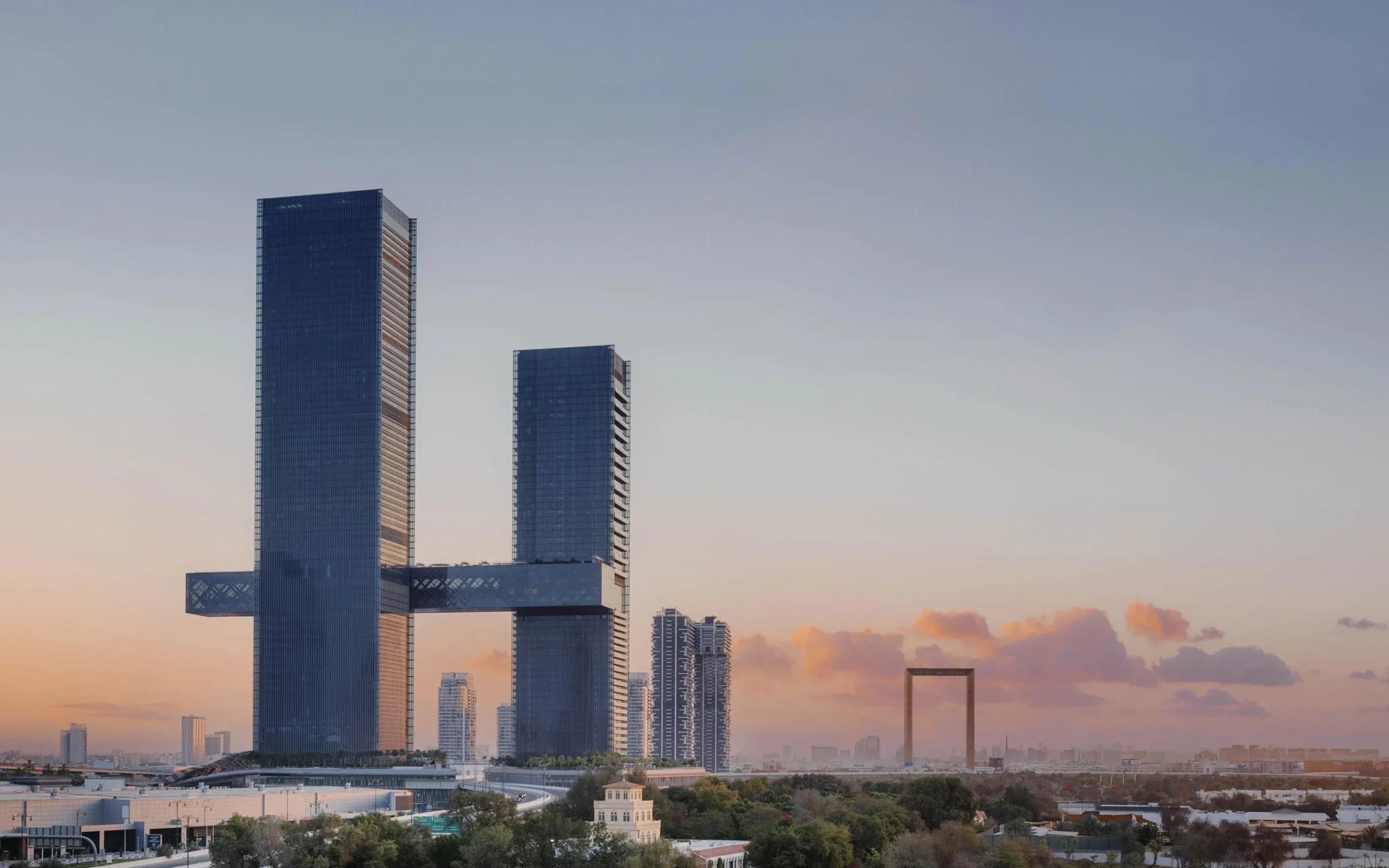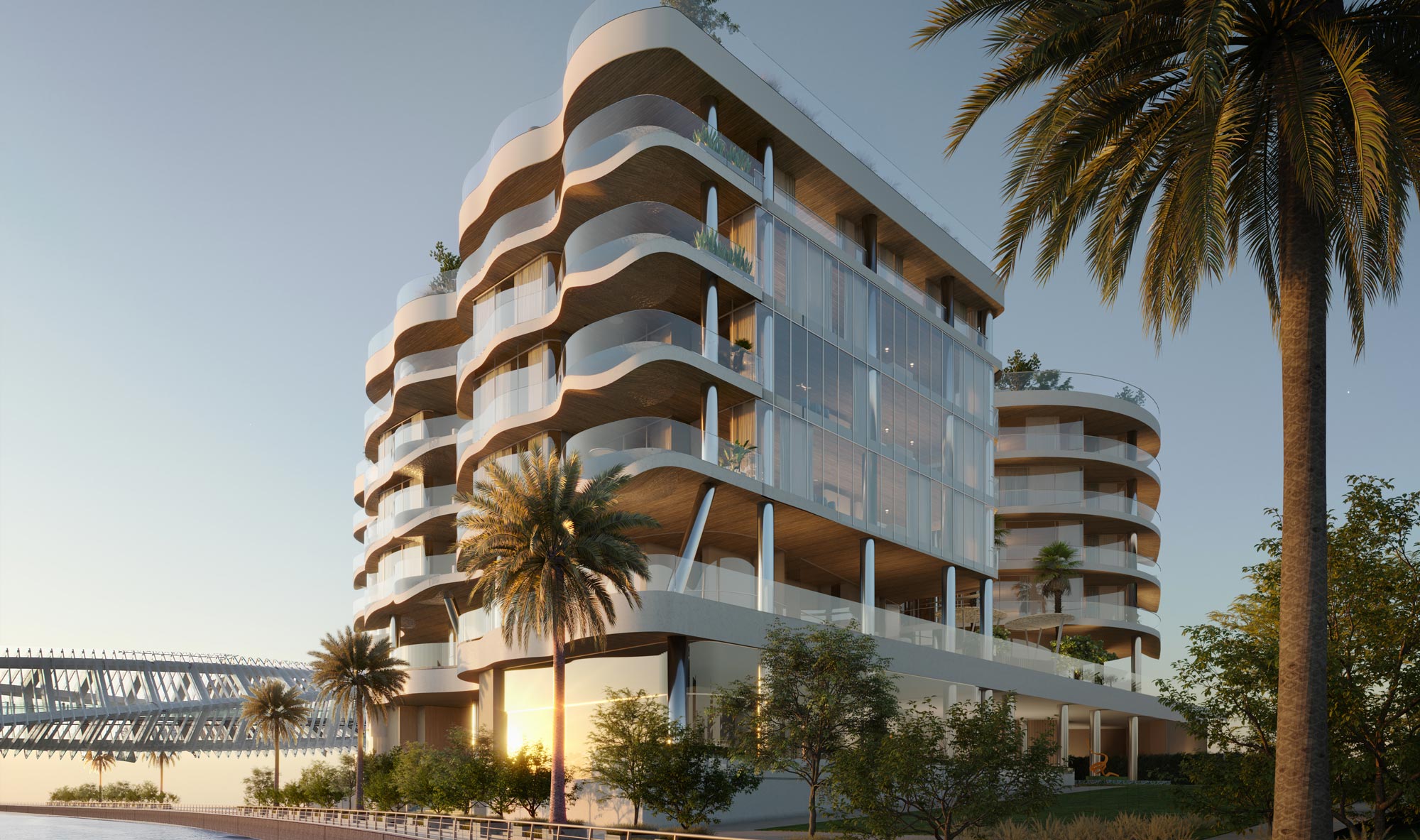Property Inspection Dubai: What It Covers
When buying or renting a property in Dubai, conducting a property inspection is one of the most important steps to ensure your investment is sound. Whether you’re purchasing an off-plan property or moving into a ready-to-move-in apartment or villa, an inspection can save you from unexpected issues down the road. A property inspection assesses the condition of a home, identifies potential defects, and helps buyers make informed decisions.
In this blog, we’ll guide you through what a property inspection in Dubai typically covers, and why it’s a crucial step in the real estate process.
Why Should You Have a Property Inspection in Dubai?
Dubai’s real estate market is fast-paced, with a mix of both newly built and pre-owned properties. While many buildings are constructed with high-quality materials, even the most well-built homes can have underlying issues that may go unnoticed at first glance. This is where a property inspection comes in.
An inspection provides peace of mind by ensuring that the property you’re about to invest in is structurally sound, free from hidden defects, and compliant with safety regulations. Additionally, a property inspection can help identify any issues that need to be fixed during the Defect Liability Period (DLP), saving you time and money in the long run.
What Does a Property Inspection in Dubai Cover?
A comprehensive property inspection will examine both the internal and external aspects of the property. The key areas that inspectors typically cover include:
1. Structural Integrity
One of the primary aspects of any property inspection is assessing the structural integrity of the building. The inspector will look for issues such as:
- Cracks in the foundation, walls, and ceilings: These can indicate underlying structural issues that may need immediate attention.
- Sagging floors or ceilings: These signs could suggest potential load-bearing issues.
- Uneven or sloping surfaces: This could be a sign of subsidence or movement within the structure.
Ensuring the structural integrity of a property is essential to guarantee the safety of its occupants.
2. Roof and Exterior
The exterior of the property is also a critical part of the inspection process. The inspector will examine:
- Roof condition: Checking for any missing tiles, leaks, or signs of wear and tear.
- Walls and facades: Ensuring there are no cracks or water damage, which could indicate problems with waterproofing.
- Windows and doors: Inspecting for proper installation, alignment, and sealing to prevent air or water leaks.
The exterior inspection ensures that the property is weatherproof and will withstand the elements.
3. Plumbing and Water Systems
Plumbing issues can often go unnoticed until they cause serious problems. A property inspection includes a detailed review of the plumbing systems, covering:
- Water pressure: Checking that the water flow is consistent and at the right pressure.
- Leaks: Inspecting visible pipes, faucets, and water sources for any signs of leakage or corrosion.
- Drains and sewage: Ensuring that water flows freely and there are no blockages in sinks, toilets, or showers.
Faulty plumbing can be costly to repair, so having it checked early can prevent future expenses.
4. Electrical Systems
Electrical faults are one of the most dangerous issues a property can have. A property inspector will assess the electrical systems to make sure they are safe and compliant with regulations. This includes:
- Circuit breakers and panels: Checking for proper functionality and whether the system can handle the electrical load.
- Wiring and outlets: Inspecting the condition of the wiring and ensuring outlets are grounded and functioning properly.
- Lighting fixtures and switches: Testing lights and switches to ensure everything works as expected.
Electrical issues can pose safety risks, so addressing them before moving in is essential for the safety of all occupants.
5. HVAC (Heating, Ventilation, and Air Conditioning)
In Dubai’s hot climate, an effective HVAC system is a must-have for comfort. The inspection will cover:
- AC units and ducts: Ensuring the air conditioning units are functioning well and that the ducts are clear and not blocked.
- Ventilation systems: Checking air flow and ventilation to ensure proper air circulation and the absence of humidity-related problems.
- Heating systems: If applicable, ensuring that heating units are working as intended.
A properly functioning HVAC system ensures a comfortable living environment, especially in the intense heat of Dubai summers.
6. Interior and Finishes
Inspecting the interior of the property is essential for identifying cosmetic issues and ensuring everything is up to standard. Common interior checks include:
- Walls, ceilings, and floors: Looking for cracks, dents, or imperfections in the drywall, paint, or flooring.
- Doors and windows: Verifying that they open and close properly, without any gaps or damage.
- Kitchen and bathroom fittings: Ensuring all appliances, fixtures, and fittings are in good condition and working order.
This helps you avoid any surprises when you move in and ensures the property is comfortable and well-maintained.
7. Pest Infestation
While not always included in every property inspection, it’s a good idea to have the property checked for signs of pest infestation. This could include:
- Termites: Inspecting woodwork for signs of termite damage.
- Rodents or insects: Checking for any signs of rodent or insect infestation, which could cause structural or health issues.
Pest problems can be costly to address, so identifying them early is crucial.
8. Safety and Compliance
The inspector will also look for safety-related issues and check whether the property complies with local building regulations. This includes:
- Fire safety: Ensuring smoke detectors and fire extinguishers are installed, and that escape routes are clear.
- Building codes: Verifying that the property complies with Dubai’s building standards and regulations.
- Elevator and lift safety: If applicable, inspecting the operation of lifts and elevators.
Ensuring safety compliance is vital for both peace of mind and legal protection.
9. Landscaping and Outdoor Areas
If your property includes outdoor space, the inspector will check the condition of any landscaping, such as:
- Lawns, trees, and plants: Ensuring the outdoor space is healthy and well-maintained.
- Fencing or walls: Checking that outdoor barriers are secure and undamaged.
- Outdoor lighting: Ensuring that external lights and security systems are functioning properly.
A well-maintained outdoor space adds to the overall value and comfort of the property.
Conclusion
A property inspection in Dubai is a vital part of the home buying or renting process. It not only helps identify hidden issues that could cost you later, but it also ensures the property is safe, compliant, and in good condition. By investing in a professional property inspection, you protect your investment and ensure a smooth and stress-free living experience in your new home.
If you’re planning to buy or rent a property in Dubai, make sure you work with an experienced and certified inspector who understands the local market and building codes. A thorough property inspection will give you the confidence you need to make an informed decision and avoid costly surprises.



